Während sich in Mitteleuropa Fahrrad-Enthusiasten das letzte Kilo Gewichtsersparnis vierstellige Beträge kosten lassen, gibt es in Afrika ein 162-Euro-Fahrrad, das für die Mobilitäts-Bedürfnisse armer Menschen in strukturschwachen Regionen maßgeschneidert wurde. Wer die Entfernung zur Schule, zum Krankenhaus, zum gemeinsamen Unternehmen senken kann, reduziert das größte der afrikanischen Probleme: Armut. Der Gründer von SRAM (der amerikanische Konkurrent von Shimano) entwickelte 2005 die Idee, aus der ein faszinierendes Sozialunternehmen entstand: World Bicycle Relief. Das für afrikanische Verhältnisse optimierte Buffalo-Bike ist der Landcruiser unter den Fahrrädern: Robust und unkaputtbar. Weil die von der Merck Family Foundation geförderte Verteilung mehrerer Hundert Fahrräder an Gesundheitshelferinnen und Schülerinnen in Sambia nicht auf unserer Route liegt, besuchen wir ein Projekt in Nordwest-Simbabwe: Dank der mit den Buffalo-Bikes gewonnenen Mobilität errichten Frauen aus weit verstreuten Dörfern gerade gemeinsam eine Obst-Plantage und werden die Ernte ohne Einschaltung zwielichtiger Händler selbst auf dem Markt der nächsten Stadt anbieten und mit den Erlösen auch Töchtern eine Schulbildung ermöglichen – oder im Notfall auch mal das Kind auf den Rücken binden und in die zu Fuß oft unerreichbare Klinik bringen.
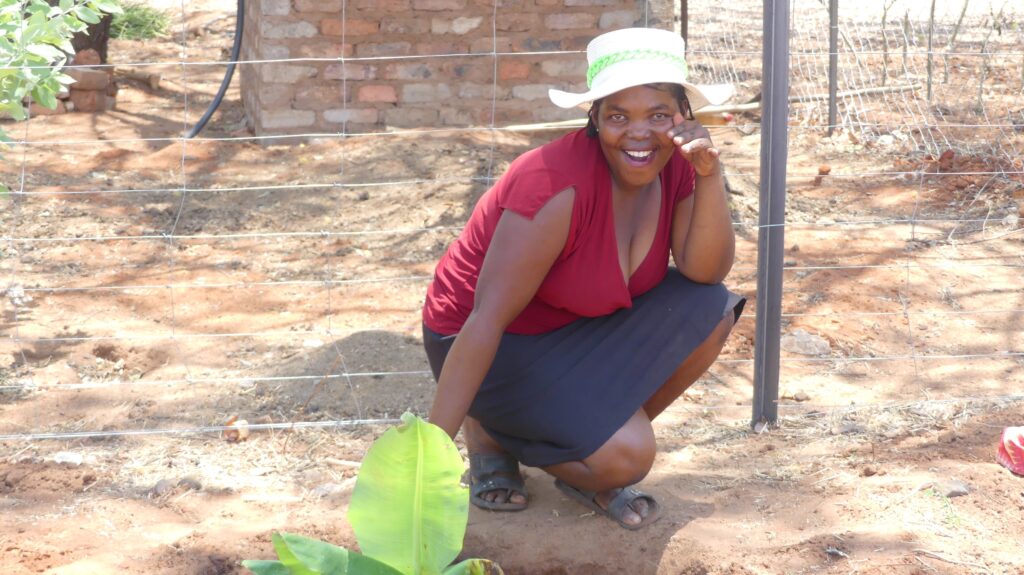
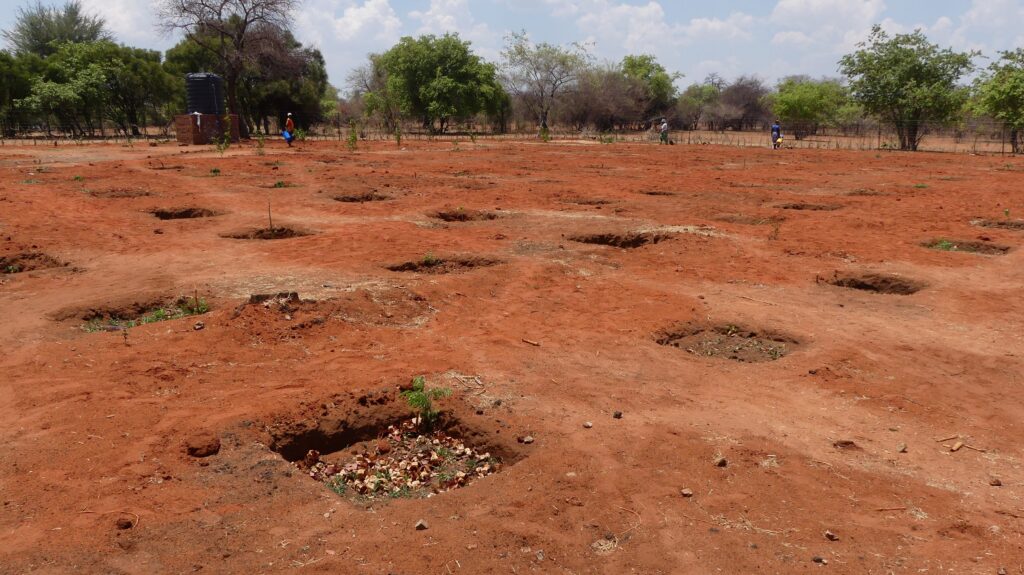
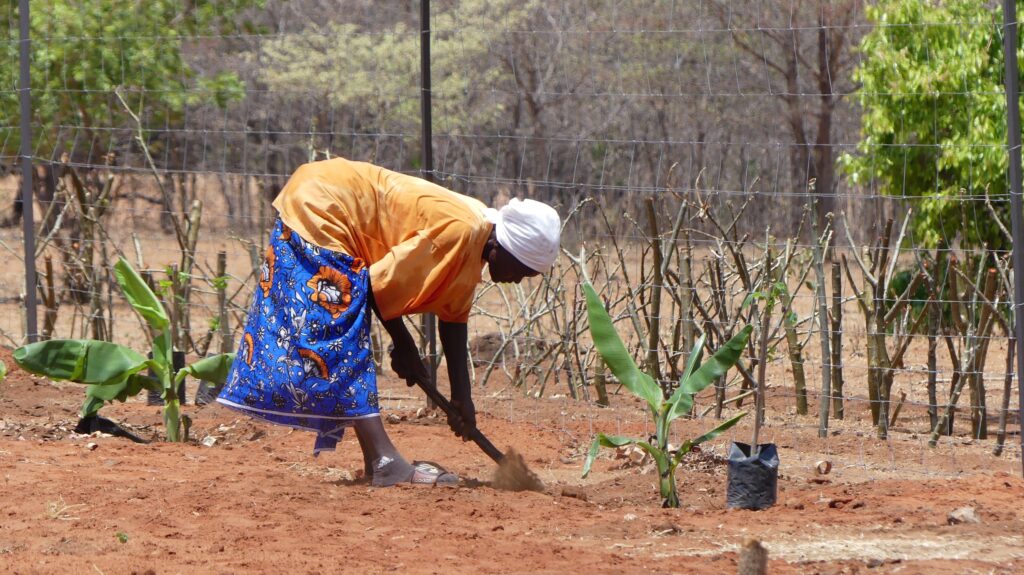


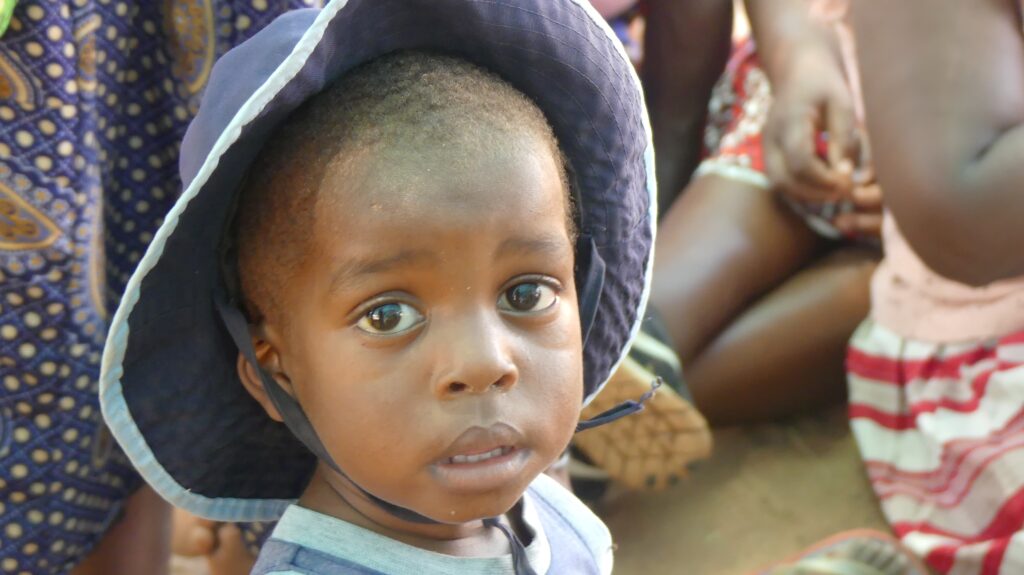

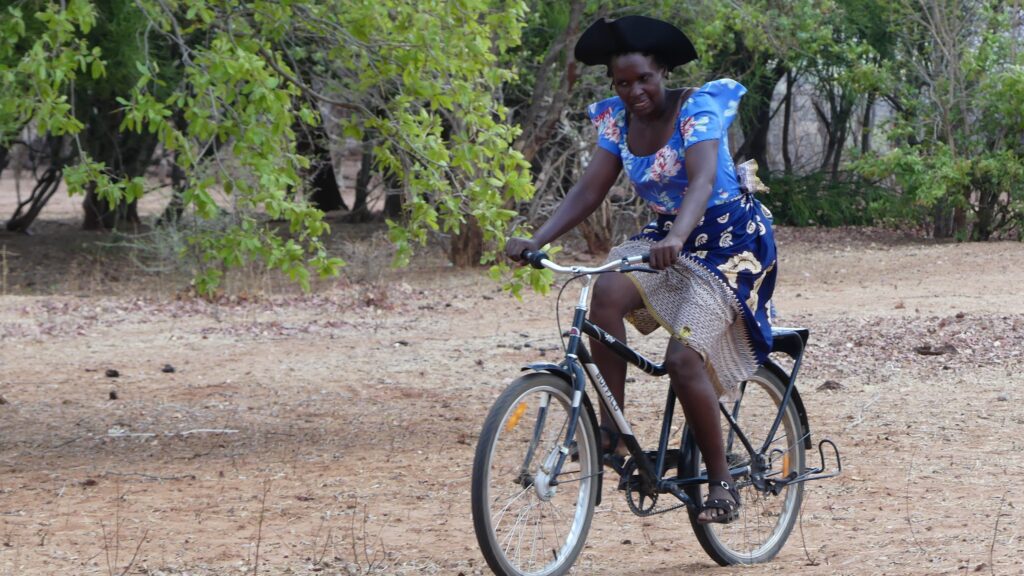
While in Central Europe bicycle enthusiasts are paying four-digit sums for the last kilo of weight saved, in Africa there is a bicycle that has been tailor-made for the mobility needs of poor people in structurally weak regions – priced at 162 €. Those who can reduce the distance to school, to a hospital, to a joint business, reduce the biggest of African problems: Poverty. The founder of SRAM (the American competitor of Shimano) came up with the idea in 2005, which has since become a fascinating social enterprise: World Bicycle Relief. The Buffalo bike, optimised for African conditions, is the Land Cruiser among bicycles: Robust and indestructible. Because the distribution of several hundred bicycles to health workers and schoolgirls in Zambia, sponsored by the Merck Family Foundation, is not on our route, we visit a project in northwest Zimbabwe: thanks to the mobility gained with the Buffalo bikes, women from widely scattered villages are currently setting up a fruit plantation together and will offer the harvest themselves to the market in the next town without the involvement of dubious traders – or, in an emergency, tie the child on their back and take it to the clinic, which is often inaccessible on foot.
Schreibe einen Kommentar